You need to juggle lots of things while you cook – and having a toddler on your hands makes things even harder! They want you to pick them up, they want to be fed, they want to weave in and out between your feet for no apparent reason.
If you're looking for some tips to get dinner on without tripping up over your toddler, here are some tips from dads and mums who've managed to get everyone fed and keep their hungry, angry little ones ('hangry' little ones!) safe.
Keeping them out of trouble while you cook
Tip #1: Kitchen chatter
For small babies in need of some attention while you're trying to cook, put them somewhere close, like in your Baby Box wrap or a high chair, and chat away to them. Try to copy the sounds they make and see if they try to copy yours.
Your child's development: Your baby is listening to you all the time – their brain is like a wee sponge soaking up every word you say, and your voice is what they love hearing the most. As they get older, they'll start to practise talking with you by making noises and cooing at you. Try to encourage them as much as you can!
Tip #2: Table games
Drawing or playing can keep your kids happy and busy while you're getting tea ready, and you can chat to them about what they're doing. If your older child has homework, give the younger ones some 'homework' too: 'Can you draw me a picture?'
Tip #3: Counting cutlery
Get them to count forks, spoons and plates (not the knives!). And maybe they can even decide where everyone is going to sit.
Your child's development: Not only will this keep your toddler busy, it also helps them with learning their numbers.
Tip #4: Restaurants

While you're getting dinner on, ask if they want to set up a 'restaurant' for you. What toys would like to come to dinner tonight? Can they write or draw the 'menu' for the night?
Your child's development: Getting your child involved in making dinner makes it more likely they'll eat it. Win-win!
Tip #5: Cooking and colours
If they're starting to learn about colours, you can ask them to spot the colours they see as you're cooking together. What colour is mashed potato?
Tip #6: Cooking magic
Tell your little one you are brewing a potion or doing a science experiment. Watch very closely and you'll see the ingredients transforming into new and magical things!
Your child’s development: Storytelling helps children use their imagination and learn new words, and nothing beats a good story from you.
Tip #7: Sorting games
Put a bunch of different things on a table – cutlery, plates, plastic cup, fruits, etc. Ask your child if they can put them into groups. What colour are they? What shape are they? What are they used for?
Your child’s development: Playing games where you ask your child to think about things (like groups, colours, shapes, numbers) helps them learn about their world. These thinking skills will help with everything from real-life problem solving to maths and science.
Getting little ones involved in planning meals
Tip #1: Toys' tea party
Before dinner, get some of their favourite dolls and toys and have a wee tea party of their own. They'll love being in charge and feeding their 'guests'. Try asking what their toy dinosaurs like to eat or if Teddy likes carrots.
Tip #2: Think small
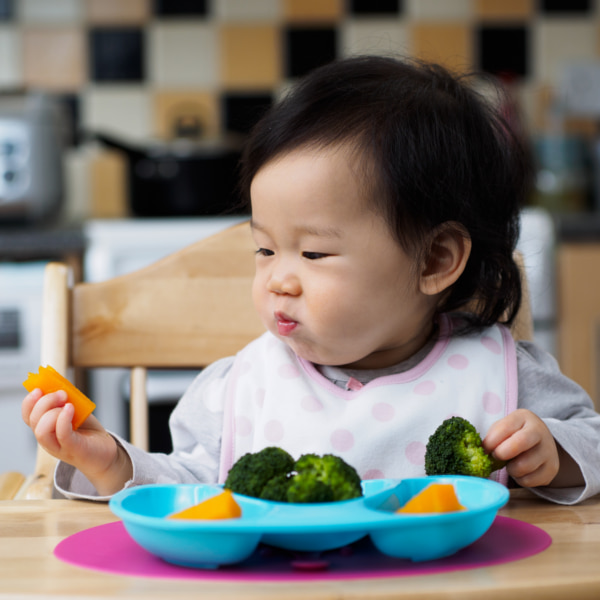
Large portions can be daunting for little hands and mouths, so keep servings small. That way, eating doesn't seem like a big task. Cutting finger foods into bite-sized pieces makes it easy for little hands to pick up.
Your child’s development: Toddlers aren't growing as fast as babies, so they don't need big portion sizes a lot of the time.
Tip #3: "Menu" for the week
Why not try and create a dinner "menu" for the week together? You could use pictures from magazines to make it fun and appealing.
Getting little ones into good eating habits
Tip #1: Mealtime copycat
Pick up your spoon, take some food and say 'Mmmm delicious' and then put the spoon down. Your little one will be watching you very closely. Take a few tiny bites and have them do the same. Then when they do something, you copy them.
Your child’s development: This to-and-fro action helps them learn to pay attention and remember so they can repeat your actions. They need these thinking skills to learn information and use it. Plus it can encourage a fussy eater to eat!
Tip #2: Take it in turns
Wee ones love to take turns so why not try feeding them, then letting them feed themselves? You could even let them feed you!
Tip #3: Baby see, baby do
Children learn by watching then copying. It's not always easy but if you manage to all sit together at meal times, they'll be encouraged to eat by watching you do the same. Even if all you manage some days is breakfast, it can make a big difference.
Your child’s development: You're the most important person in your little one's life. Seeing what you eat makes them think it must be yummy. If your older children eat up their veg or even feed it to them, that can be a real help to get them eating up.
Tip #4: Broccoli snatchers
Pretend there are wild animals trying to steal your broccoli! Let your toddler take bites from your fork while you're pretending to be distracted. You can act shocked when you turn back to see how much those invisible gobblers have eaten. This makes your fussy eaters keen to try new things.
Being a parent is the best job in the world, but it can also be one of the most stressful. There will be days when it all feels a little too much. To help you manage the challenges ahead, Parent Club has some tips on coping with being a parent and keeping calm with your wee one so you can build a rewarding relationship together.
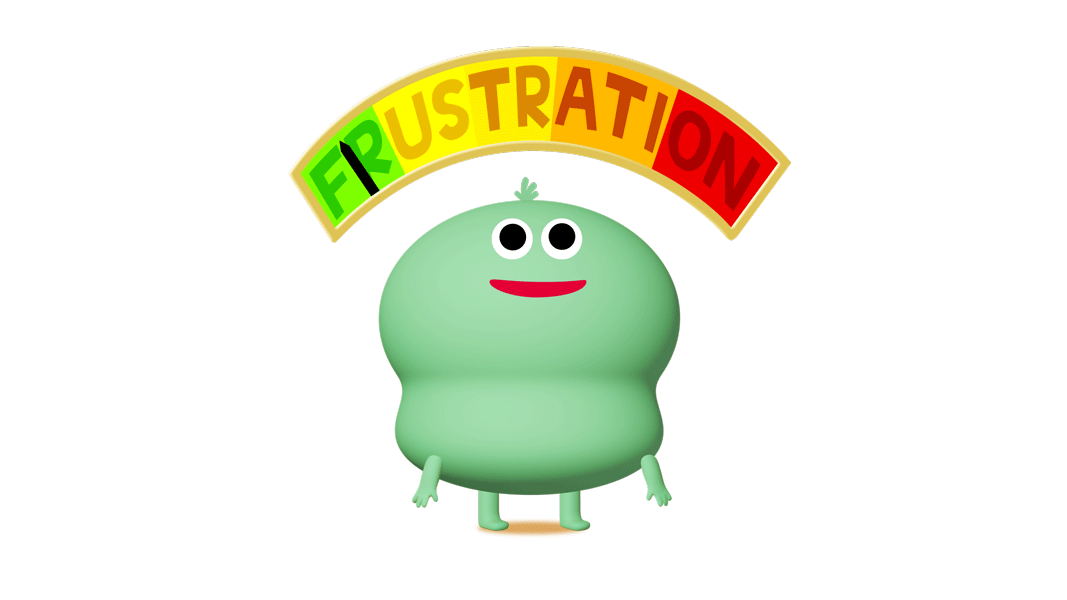
 Activities & Play
Activities & Play Behaviour
Behaviour Childcare
Childcare Development & Growing Up
Development & Growing Up Family, Friends & Relationships
Family, Friends & Relationships Feeding Your Baby
Feeding Your Baby Food & Eating
Food & Eating Health & Safety
Health & Safety Mental Health & Wellbeing
Mental Health & Wellbeing Money & Work
Money & Work Online Behaviour & Safety
Online Behaviour & Safety Pregnancy & First Days
Pregnancy & First Days School & Education
School & Education Sleep
Sleep


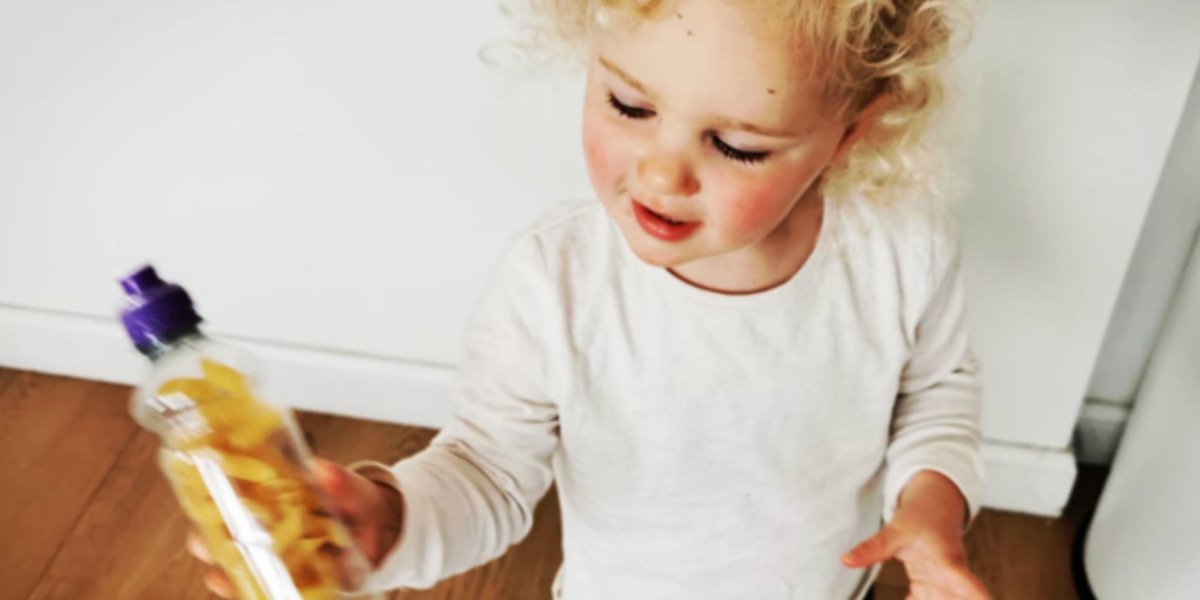
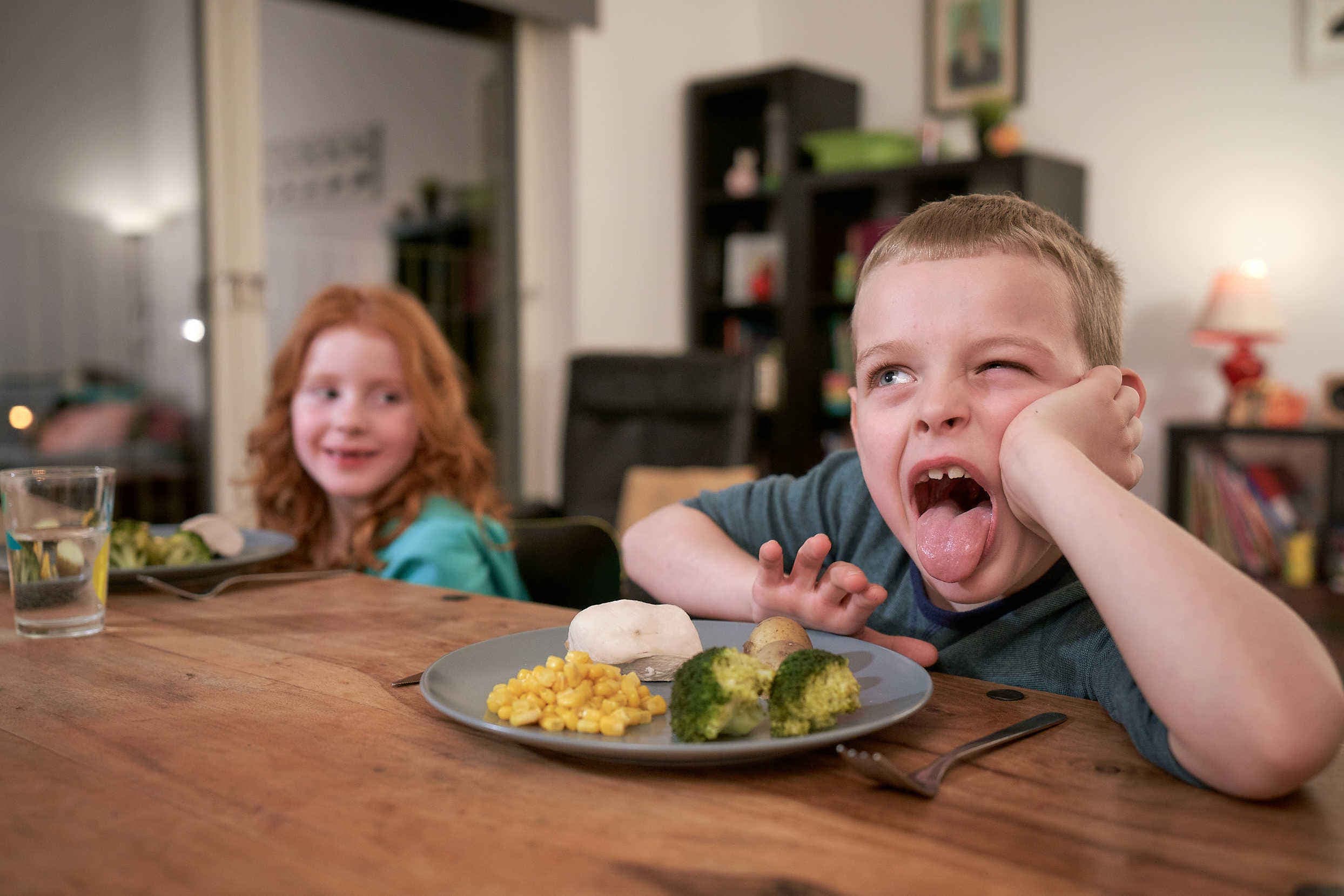
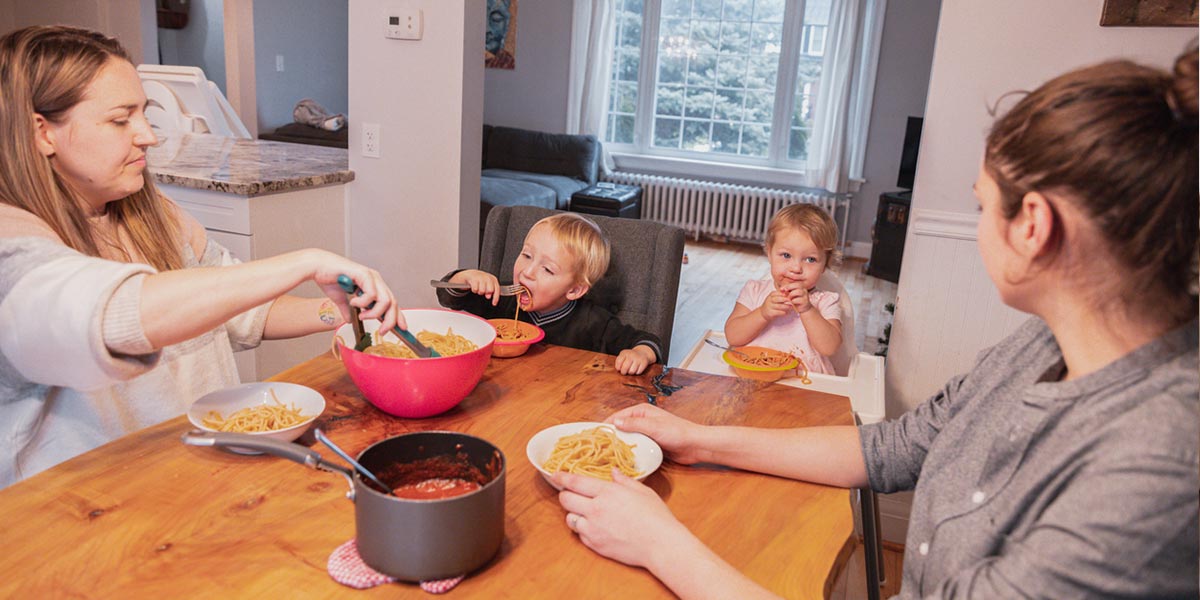
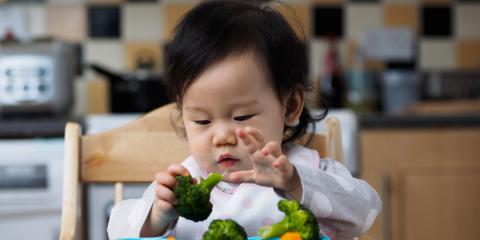
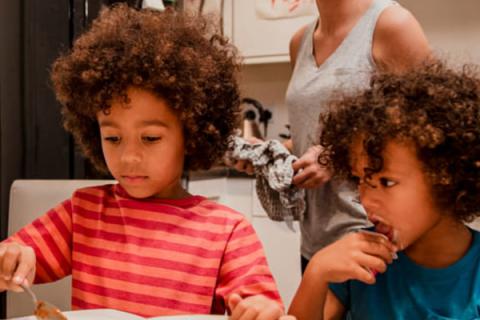

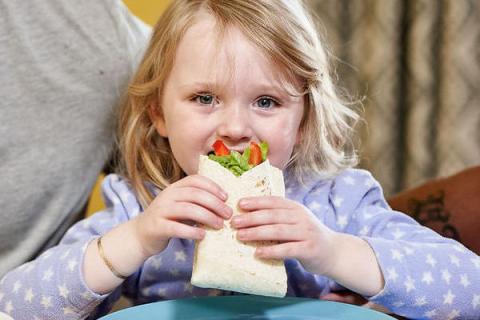
 Behaviour
Behaviour
 Activities & Play
Activities & Play